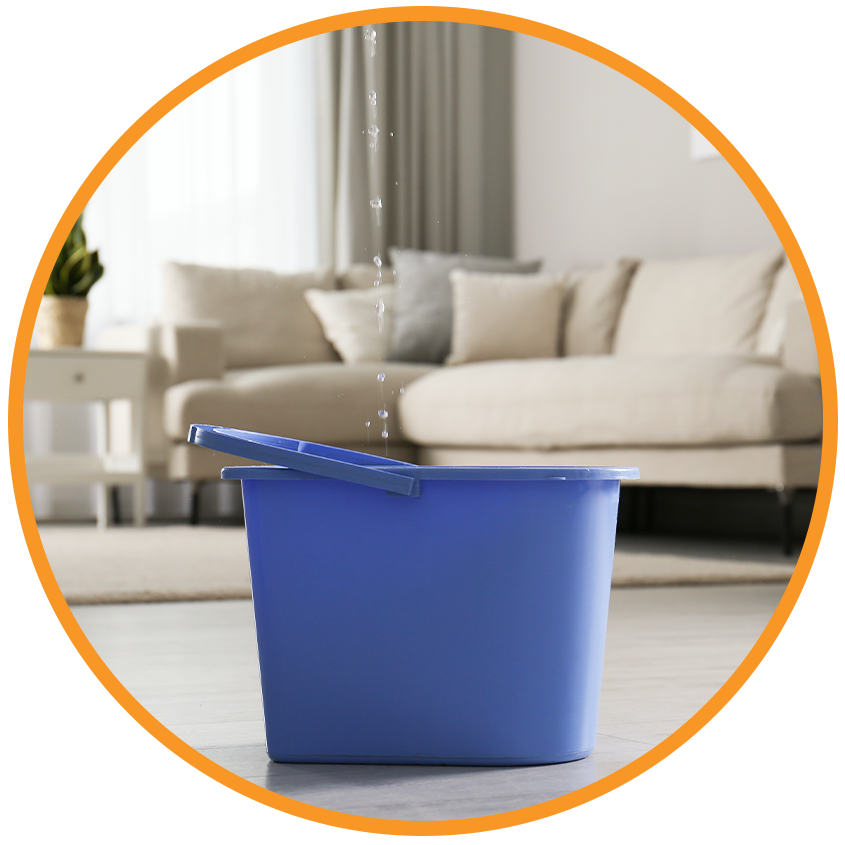
How Long Does Water Damage Repair Really Take?
Water damage can strike when you least expect it—whether from a burst pipe, storm flooding, or an unnoticed leak hiding within your walls. One moment, your home feels secure, and the next, you’re faced with soaked carpets, sagging ceilings, and the overwhelming realization that urgent action is needed. The sight of water creeping across your floors, or the sound of dripping behind walls, is enough to set alarm bells ringing.
When it happens, one pressing question always comes up: How long will it take to repair the damage? Unfortunately, the answer isn’t as straightforward as you might hope. The timeline for water damage repair isn’t just about drying out a space—it’s a complex process influenced by multiple factors, including the severity of the damage, the materials affected, the type of water involved, and even how quickly you act after discovering the problem.
Understanding the timeline is essential not just for peace of mind but also for planning repairs, avoiding mold growth, and ensuring the safety of your family and property. Let’s dive into the different factors that influence the water damage restoration timeline and what you can expect every step of the way, from the initial assessment to the final repair and restoration phase. Professional
is essential for minimizing long-term damage and restoring your home to its original condition.
Understanding the Restoration Timeline
Water damage repair isn’t a one-size-fits-all solution. The duration depends on several key factors, including the extent of the damage, the type of materials affected, and the response time after the incident.
1. Assessment and Water Extraction
The process begins with a thorough assessment to determine the severity of the water damage. Once identified, professionals swiftly remove any standing water using high-powered pumps and vacuums. Depending on the extent of the flooding, this phase can take anywhere from a few hours to a couple of days. Acting quickly can drastically reduce overall repair time.
2. Drying and Dehumidification
After extraction, the next crucial phase is drying the affected areas. Industrial-grade dehumidifiers and air movers are used to speed up moisture removal. This step can take anywhere from 3 to 7 days, depending on factors like humidity levels, ventilation, and the type of materials involved. Hardwood floors, drywall, and carpets may need longer drying times. An experienced team with a proven
approach can make all the difference in successful water damage recovery.
3. Repairs and Restoration
Once the space is completely dry, the actual repairs begin. This includes replacing drywall, flooring, insulation, and repainting walls. Depending on the extent of the damage, this phase might take a few days to several weeks. Complex projects involving mold remediation or structural repairs can push timelines further.
For a smooth restoration process, it’s best to work with experts who understand every stage of water damage restoration.
Key Factors That Affect Water Damage Repair Time
Several factors can either speed up or delay the restoration process.
Type of Water
Was the water clean, gray, or black? Clean water from a burst pipe is easier and quicker to remediate than contaminated water from sewage backups. Black water may require additional safety measures and a longer cleanup process.
Extent of Damage
Is the damage confined to one room, or has it spread throughout the house? The larger the affected area, the longer it takes to restore it fully. Severe damage may even involve replacing structural elements, which adds considerable time.
Materials Involved
Porous materials like carpet and insulation soak up water quickly and take longer to dry than hardwood floors or concrete. In some cases, certain materials may need to be discarded and replaced altogether.
Response Time
The faster you address the water damage, the shorter the restoration timeline. Contacting a professional immediately can prevent mold growth and secondary damage, which often extend the repair duration.
How to Speed Up the Water Damage Repair Process
While some factors are beyond your control, there are steps you can take to help minimize delays.
Immediate Action
As soon as you spot water damage, take steps to mitigate the situation: shut off the water source, remove valuables, and call a trusted water damage restoration service.
Choose the Right Restoration Partner
Not all restoration companies are created equal. Look for a team with a track record of prompt, professional service and comprehensive restoration solutions. Look for a company with a reputation for prompt,
service, especially when facing major water damage.
Stay Informed and Involved
Communicate with your restoration team to stay updated on progress. Regular updates will help you understand the timeline and any potential delays.
If you’re in the Anaheim area, you can rely on water damage repair experts near you to handle the job efficiently and professionally.